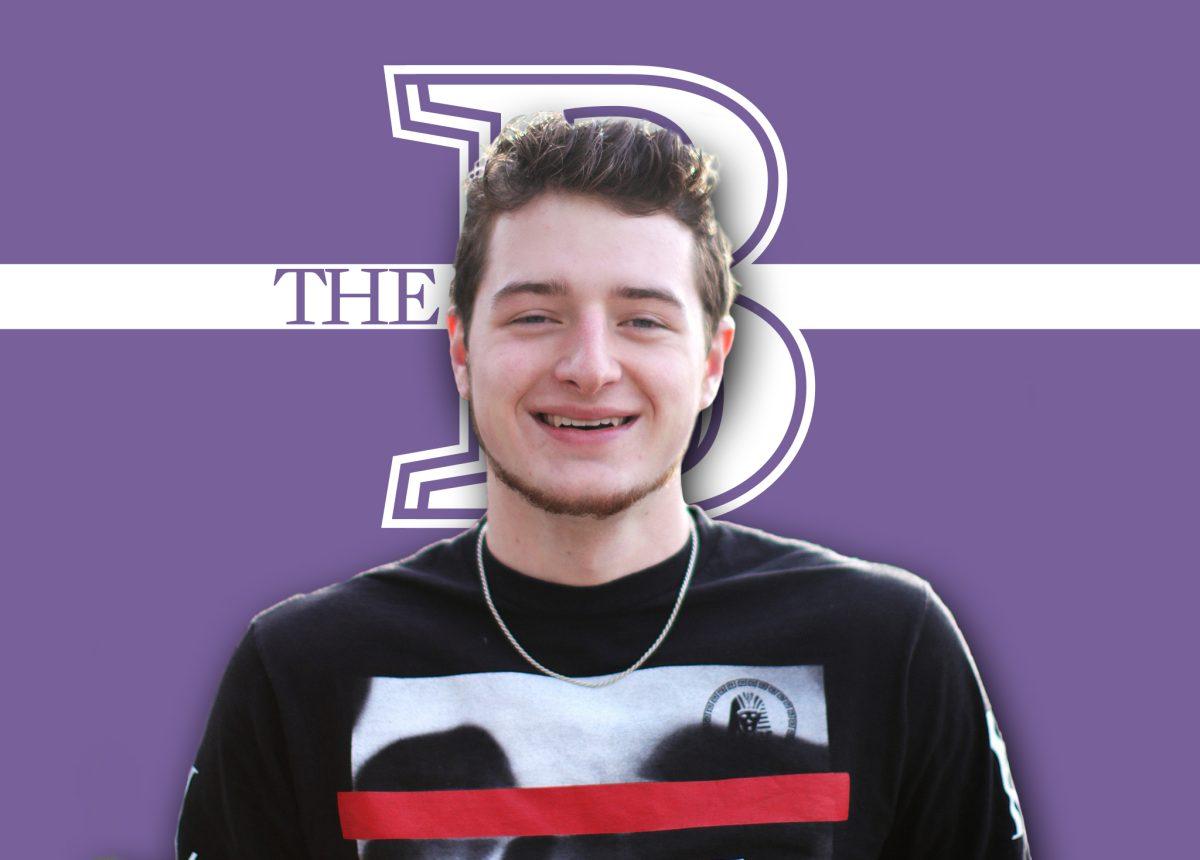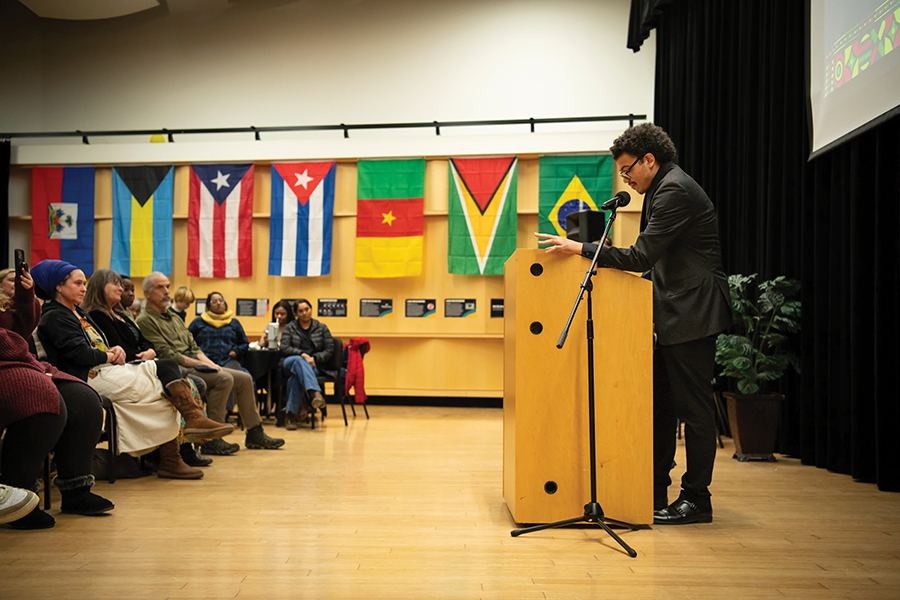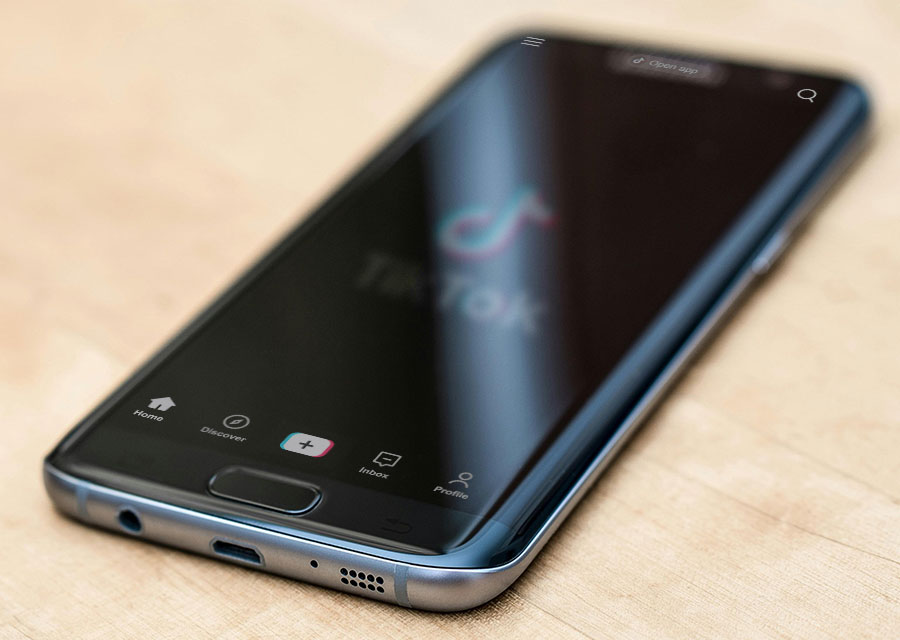By Isaac Messinger | The Broadside (Contact: [email protected])
Ah movie soundtracks, what a tumultuous affair. Typically a dreadful array of tracks that make blunt references to the movie they’re promoting and bring out the absolute worst in the participating artists. (See: “The Fate of the Furious”) This is an exercise in commercialism that treat artists only as an expendable means to generate interest.
Enter Black Panther: a soundtrack that promises not only a lack of mediocrity, but outright greatness. When the already much ballyhooed film was revealed to have a soundtrack helmed by our Lord and Savior Kendrick Lamar and his Top Dawg Entertainment label, the hype reached another level altogether.
Indeed, the soundtrack is in a word, great. Yes, it’s a bit commercial, but only when compared to Kendrick Lamar’s other projects, and in the world of movie soundtracks, it’s the equivalent of an indie project released on BandCamp.
As for the music itself, the project maintains a surprising amount of coherence considering the compilation-like style and number of artists involved. Kendrick himself contributes vocals to damn near every track, and for the most part doesn’t outshine the other contributors as much as you might expect.
This is partly due to the fact that Kendrick & Co. assembled a top tier group of artists, including names like Vince Staples, Travis Scott, and The Weeknd, and that’s on top of the already extremely talented TDE roster (Kendrick Lamar, Schoolboy Q, Ab-Soul, Jay Rock, SZA.) In keeping with the black power theme that has become such a large part of the movie’s image, the album also includes contributions from obscure African artists such as Yugen Blakrok and Sjava.
The former is a female rapper who brings a scorching verse to the Vince Staples track “Opps,” even out-rapping Staples himself, which is no mean feat by any standard. For the trivia oriented among us: if you listen closely to Blakrok’s verse, she spits the words “Gotham City streets, I’ll play the Riddler.” Except that the word Riddler is bleeped out, likely due to the fact that the Riddler is a DC character. More like “Oops.”
“Opps” is one of several bangers on the album, bangers which are unerringly distributed in an even-odd pattern with the softer tracks on the album. Another standout from the former camp is “X,” which features a bouncy, warbling beat under verses from Kendrick, 2 Chainz, and Saudi. Kendrick’s “Are you on 10 yet? Are you on 10 yet?” hook sticks in your head like a stubborn piece of bubblegum under a desk.
Soft tracks are led by “All the Stars,” a disappointingly bland piece of pop music that was one of two singles for the album. It’s not all bad however, as charming teen figurehead Khalid comes through with Swae Lee for the sweetly melodic “The Ways.”
The only other track that was released as a single is “King’s Dead,” a rambunctious track that also doubles as the lead single for the upcoming Jay Rock album. While the track features solid bars from Kendrick and Jay Rock, as well as a blink-and-you’ll-miss-it beat switch from James Blake, the show undoubtedly belongs to Future.
If you haven’t already heard or seen the endlessly memed part of the track being referred to, it’s worth a listen. Future interpolates a few lines of Juicy J’s “S*** on my K***” in an auto tuned, high pitched falsetto that is equal parts cringe worthy and impossible to ignore.
Questionable verses aside, “Black Panther” manages to be both a good movie soundtrack and, more surprisingly, a pretty good album. Yeah, the hook on “Big Shot” is recycled from Rich The Kid’s “New Freezer. Yeah, the Zacari interlude is unnecessary and boring. But, because this album isn’t really trying to present a streamlined narrative, you can just skip those tracks without missing much of anything.
Overall, TDE did a pretty swell job of acing a task that most movies just can’t seem to get right. It’s amazing what you can do with a little Kendrick. Somebody ought to tell the Grammys. ■














